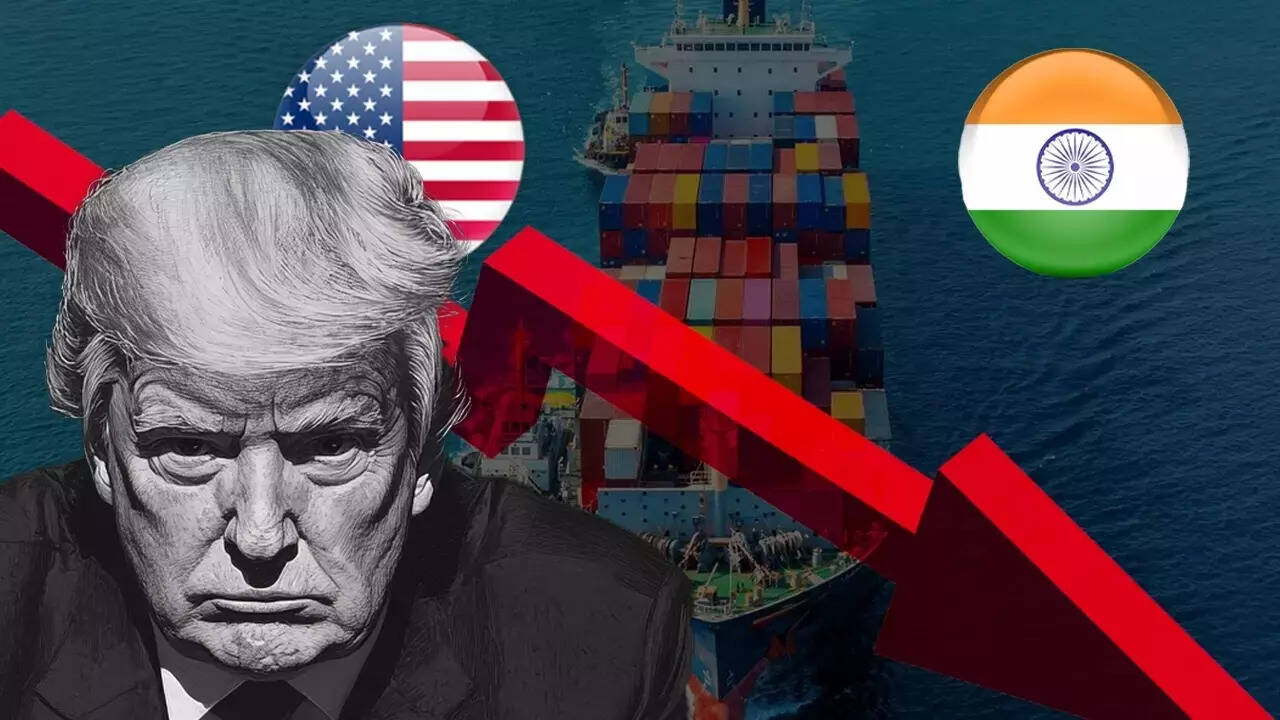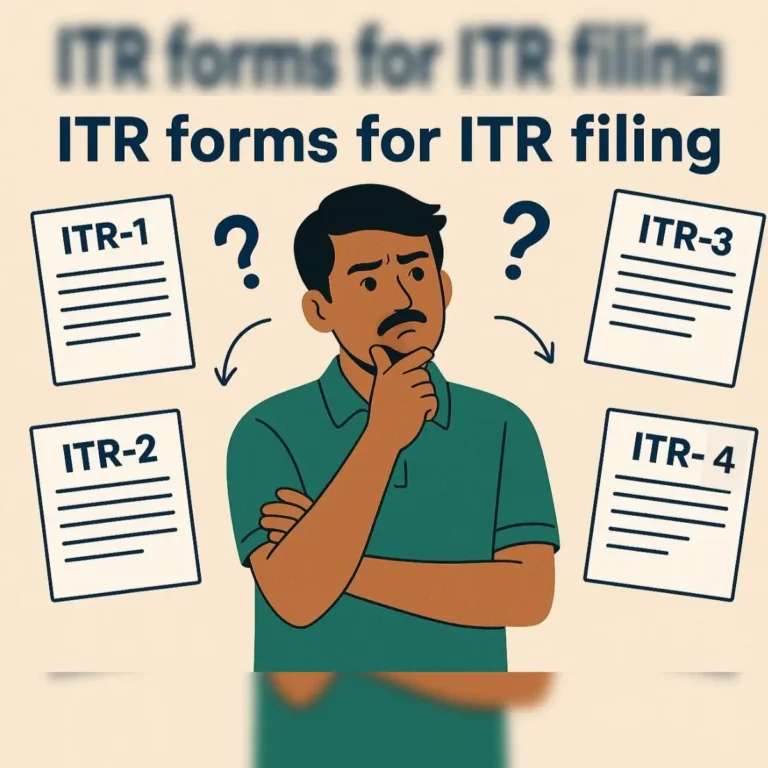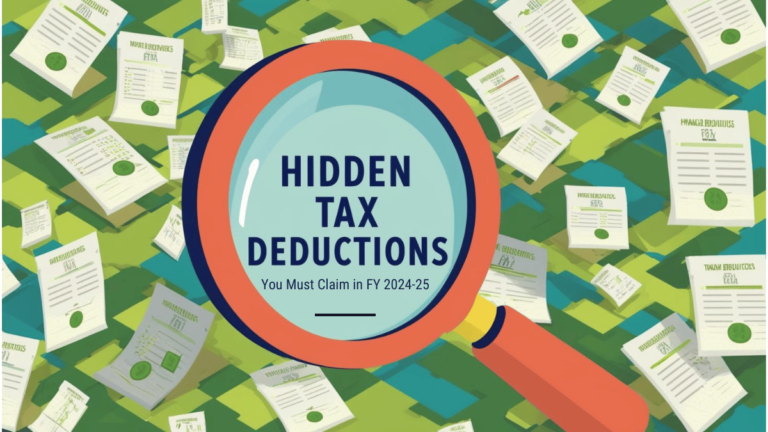“Trump Slaps India with 25% Tariffs – Is a Trade War Coming in 2025?”
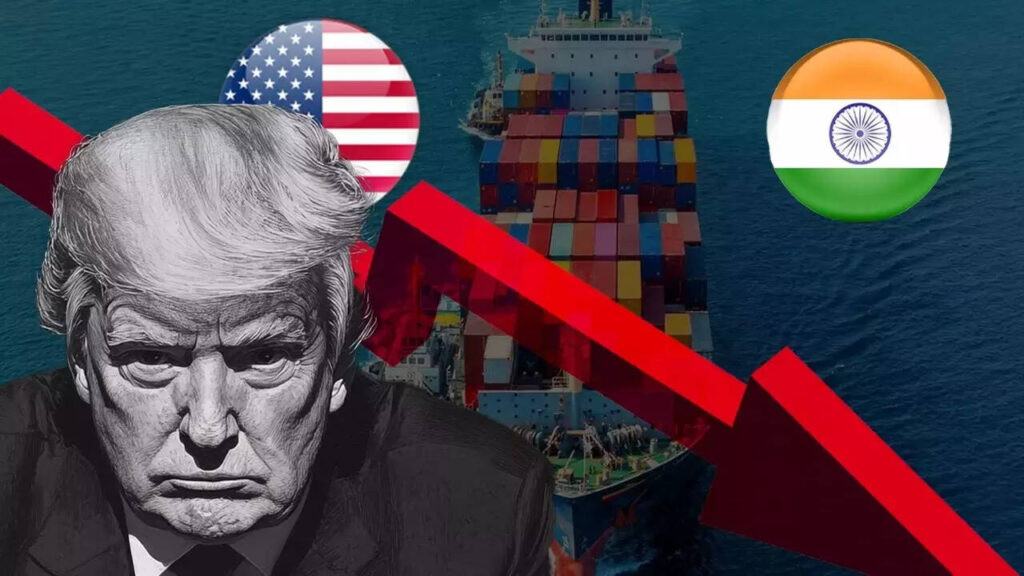
1. What Happened?
On July 30, 2025, U.S. President Donald Trump announced plans to impose a 25% tariff on all Indian imports starting August 1. He cited India’s high tariffs, restrictive trade barriers, and its continued military and energy relations with Russia as reasons Wikipedia+15Reuters+15The Times of India+15. In addition, Trump imposed an unspecified “penalty tariff” linked to India’s Russian ties and BRICS association The Australian+10The Times+10Reuters+10.
2. Why India Was Targeted
Trade Barriers:
Trump accused India of having tariffs among the highest globally, hurting U.S. trade access Reuters+1www.ndtv.com+1.
Defense & Energy Ties:
He justified the penalty component by pointing to India’s continued purchase of Russian oil and defense equipment Yahoo Finance+15Reuters+15The Economic Times+15.
Strategic Shift:
Though Trump and PM Modi had set the goal of doubling trade to $500 billion by 2030, these moves signal worsening relations and mounting bilateral friction Reuters+4Wikipedia+4Wikipedia+4.

📉 3. Immediate Economic Impact on India
Market Reaction:
- NSE Nifty 50 dropped 0.61%; Sensex fell 0.64% Reuters.
Currency Pressure:
The rupee slumped to ₹87.74 per USD, prompting speculation about RBI intervention Reuters+1Reuters+1.
GDP Forecast:
Economists expect tariffs to shave off up to 40 basis points from India’s projected 2025–26 GDP growth, especially hitting textiles, pharma, gems, furniture, and auto components Reuters.
Export Hit:
Estimated 87% of India’s exports to the U.S. (valued at $66–86 billion) are likely to be affected, with pharma and garments seeing the biggest hits Wikipedia.
4. Is a Full-Blown Trade War Brewing?
Mixed Signals:
Though the 25% rate is severe, Trump said trade talks were still ongoing—and hinted that rates could change depending on negotiations The Economic Times+15Reuters+15Reuters+15.
Broader Protectionism:
The tariffs are part of Trump’s “Liberation Day Tariffs” blanket tariff policy targeting many countries, with baseline tariffs starting at 10% and rising to 11–50% for targeted nations The Australian+2Wikipedia+2Wikipedia+2.
Legal Pushback:
A U.S. trade court ruled that presidential tariffs under IEEPA were unconstitutional, though a stay is in place as appeals proceed Wikipedia+1Wikipedia+1.
Asia Impact:
Analysts expect the impact on India to be moderate due to relatively lower export-dependence compared to other Asian economies like Malaysia and South Korea Reuters+1Reuters+1.
5. India’s Political Response
Opposition Outcry:
Congress leaders called the tariff move a diplomatic failure, blaming the government’s Russian ties and accusing the Modi administration of letting India down strategically Reuters.
Govt Reaction:
Trade Minister Piyush Goyal is set to brief Parliament. The government says it remains committed to a fair deal but is reviewing all options—including increasing U.S. imports and exploring alternative markets Reuters+1New York Post+1.
6. Who Stands to Lose?
Indian Exporters:
- Textile exporters, pharma companies, gem traders, auto component manufacturers may see up to 25% price disadvantages.
U.S. Consumers & Businesses:
- Tariffs could push up prices in sectors like apparel, household goods, and electronics, affecting supply chains and inflation apnews.comWikipedia.
Global Markets:
- Export-routing shifts may benefit Vietnam and Indonesia but hurt U.S. access. The global trade environment may get destabilized ReutersThe Australian.
7. What Comes Next — Trade War or Deal?
Negotiation Window:
With a deadline set around August 1 for reciprocal tariff negotiations, either side might settle on partial deals to avoid full escalation Reuters+2Reuters+2The Economic Times+2.
Trade Alternatives:
India could diversify exports to the EU or Middle Eastern markets, and import more U.S. products in return for tariff relief.
Law Still in Play:
Pending U.S. court decisions may impact the legality of escalating global tariffs under executive emergency powers.
8. Key Takeaways for India
- Short-term pain likely in manufacturing, forex, and markets.
- Longer-term resilience depends on trade diversification, domestic compensations, and strategic negotiations.
- Global positioning: India remains part of “China-plus-one” strategy for global investors, which may soften blow ReutersReuters.
9. Should You Be Worried?
If you are an exporter, stock market investor, or observer of U.S.–India relations—absolutely.
For others:
- Expect imported inflation on Indian consumers.
- Watch for delays in global manufacturing contracts.
- Follow regular updates as talks unfold.
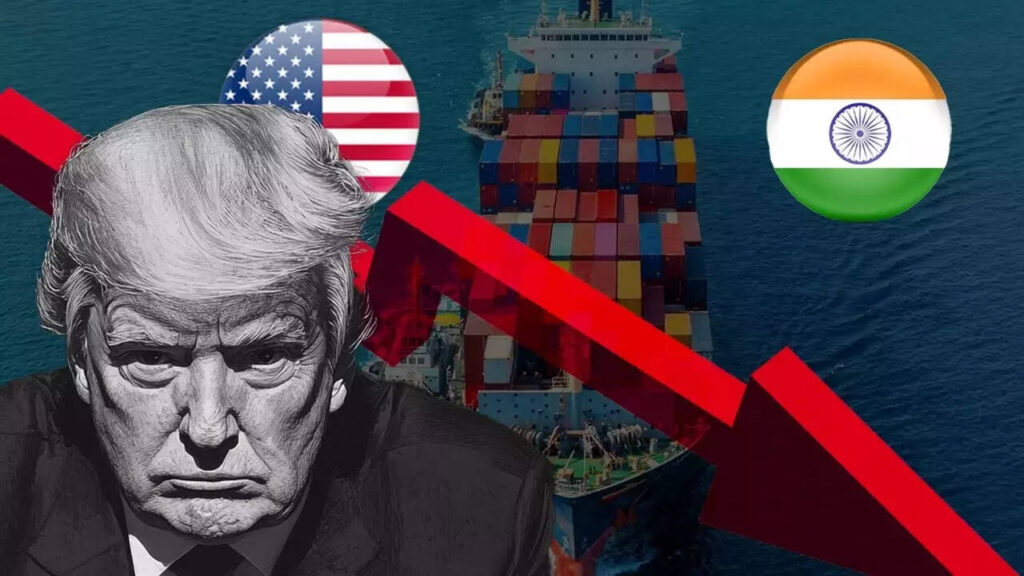
10. Final Verdict: Is a Trade War Coming?
While a full-scale trade war (like the 2018 U.S.–China episode) may not be imminent, the escalating tariffs and political rhetoric indicate a serious policy shift.
If negotiations fail by early August, reciprocal penalties and wider tariffs against Indian exports could intensify.
The U.S. move is a high-risk gambit—affecting not just economic ties, but geopolitical trust between the two largest democracies.
